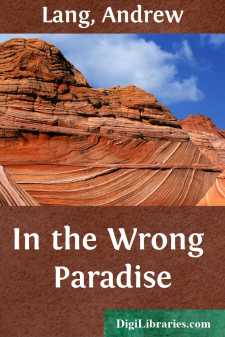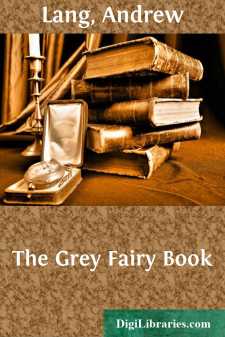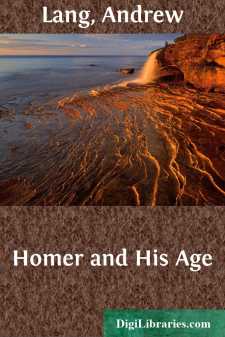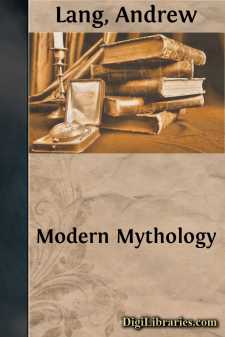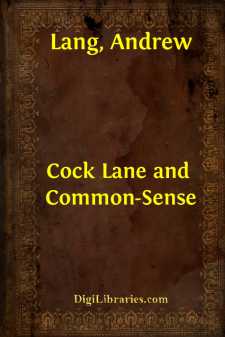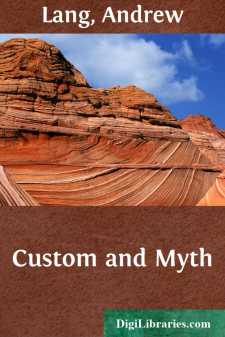Categories
- Antiques & Collectibles 13
- Architecture 36
- Art 48
- Bibles 22
- Biography & Autobiography 813
- Body, Mind & Spirit 142
- Business & Economics 28
- Children's Books 15
- Children's Fiction 12
- Computers 4
- Cooking 94
- Crafts & Hobbies 4
- Drama 346
- Education 46
- Family & Relationships 57
- Fiction 11829
- Games 19
- Gardening 17
- Health & Fitness 34
- History 1377
- House & Home 1
- Humor 147
- Juvenile Fiction 1873
- Juvenile Nonfiction 202
- Language Arts & Disciplines 88
- Law 16
- Literary Collections 686
- Literary Criticism 179
- Mathematics 13
- Medical 41
- Music 40
- Nature 179
- Non-Classifiable 1768
- Performing Arts 7
- Periodicals 1453
- Philosophy 64
- Photography 2
- Poetry 896
- Political Science 203
- Psychology 42
- Reference 154
- Religion 513
- Science 126
- Self-Help 84
- Social Science 81
- Sports & Recreation 34
- Study Aids 3
- Technology & Engineering 59
- Transportation 23
- Travel 463
- True Crime 29
In the Wrong Paradise
by: Andrew Lang
Categories:
Description:
Excerpt
THE END OF PHÆACIA
I. INTRODUCTORY.
The Rev. Thomas Gowles, well known in Colonial circles where the Truth is valued, as “the Boanerges of the Pacific,” departed this life at Hackney Wick, on the 6th of March, 1885. The Laodiceans in our midst have ventured to affirm that the world at large has been a more restful place since Mr. Gowles was taken from his corner of the vineyard. The Boanerges of the Pacific was, indeed, one of those rarely-gifted souls, souls like a Luther or a Knox, who can tolerate no contradiction, and will palter with no compromise, where the Truth is concerned. Papists, Puseyites, Presbyterians, and Pagans alike, found in Mr. Gowles an opponent whose convictions were firm as a rock, and whose method of proclaiming the Truth was as the sound of a trumpet. Examples of his singular courage and daring in the work of the ministry abound in the following narrative. Born and brought up in the Bungletonian communion, himself collaterally connected, by a sister’s marriage, with Jedediah Bungleton, the revered founder of the Very Particular People, Gowles was inaccessible to the scepticism of the age.
His youth, it is true, had been stormy, like that of many a brand afterwards promoted to being a vessel. His worldly education was of the most elementary and indeed eleemosynary description, consequently he despised secular learning, and science “falsely so called.” It is recorded of him that he had almost a distaste for those difficult chapters of the Epistles in which St. Paul mentions by name his Greek friends and converts. In a controversy with an Oxford scholar, conducted in the open air, under the Martyrs’ Memorial in that centre of careless professors, Gowles had spoken of “NicodÐâвÐÑmus,” “EubÐâ¦lus,” and “StephÐâÐÐnas.” His unmannerly antagonist jeering at these slips of pronunciation, Gowles uttered his celebrated and crushing retort, “Did Paul know Greek?” The young man, his opponent, went away, silenced if not convinced.
Such a man was the Rev. Thomas Gowles in his home ministry. Circumstances called him to that wider field of usefulness, the Pacific, in which so many millions of our dusky brethren either worship owls, butterflies, sharks, and lizards, or are led away captive by the seductive pomps of the Scarlet Woman, or lapse languidly into the lap of a bloated and Erastian establishment, ignorant of the Truth as possessed by our community. Against all these forms of soul-destroying error the Rev. Thomas Gowles thundered nobly, “passing,” as an admirer said, “like an evangelical cyclone, from the New Hebrides to the Aleutian Islands.” It was during one of his missionary voyages, in a labour vessel, the Blackbird, that the following singular events occurred, events which Mr. Gowles faithfully recorded, as will be seen, in his missionary narrative. We omit, as of purely secular interest, the description of the storm which wrecked the Blackbird, the account of the destruction of the steamer with all hands (not, let us try to hope, with all souls) on board, and everything that transpired till Mr....


